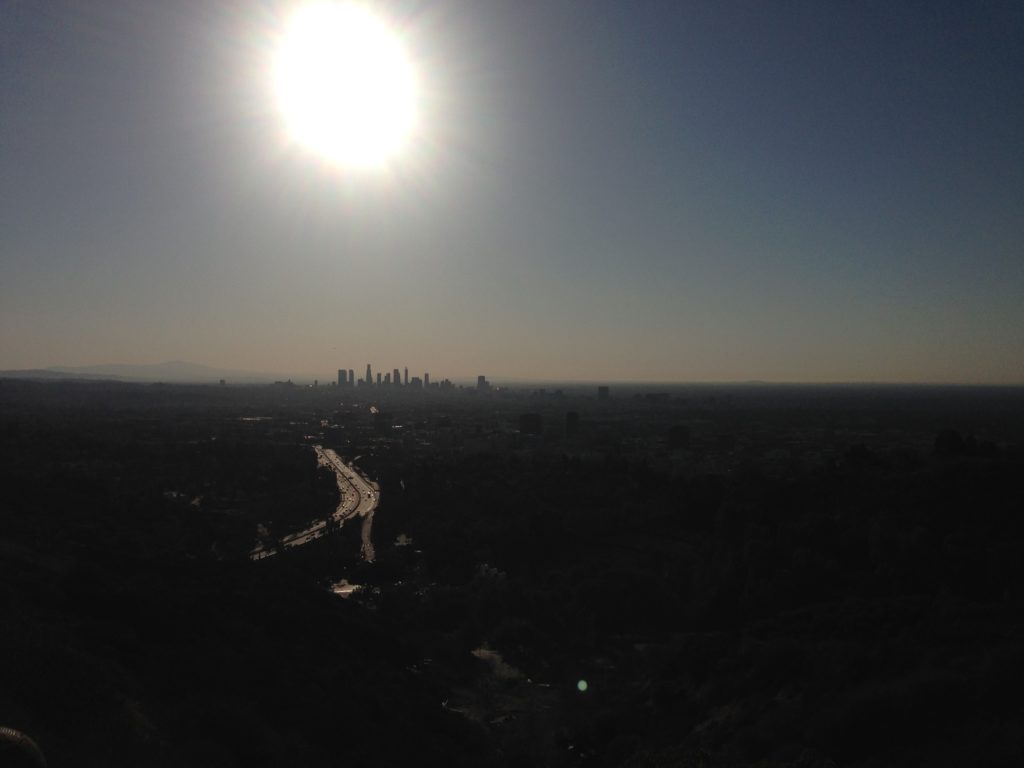This is the fourth post in our series Moving Beyond This Crisis. Go here to read about the Adaptive Strategy Map.

When we experience scarcity we begin to tunnel— hunker down and get hyper focused on how to solve the immediate problem before us. This might work fine when cramming for a test or getting that overdue task completed. It is a whole other issue when we place a case of canned chickpeas in our grocery cart while we go in search of that elusive roll of toilet paper. Tunneling keeps us from seeing the big picture. It also keeps us from seeing each other.
During a recent TED Interview podcast, investor and author Ray Dalio talked about recovery from the pandemic in human terms. “It’s all going to come down to how people treat each other” he said.
Online earlier this week, the board and staff of City of Lakes Community Land Trust gathered to discuss their strategic plan. From different points of view came the same refrain: the next six months are going to be difficult. At the same time, there was such deep certainty about what needs to be done: to stand by their homeowners; to ensure that they have the supports they need and to work tirelessly so they don’t lose their homes.
To recover, we will likely continue to focus on how to keep the curves flat and put our energy behind how to safely jump start our economy. Yet the most potent way forward is in the commitments we make together, how we follow through on these promises, and make adjustments along the way based on what we have learned. Addressing scarcity can isolate or it can empower— helping us see the strength in each other. From there a deep sense of optimism can emerge, allowing the darkness of the tunnel to fade as we step into the light.

